Reading Non-Fiction Worksheets for Ages 7-9
79 filtered results
-
From - To
Discover our engaging "Reading Non-Fiction Worksheets for Ages 7-9," designed to deepen young learners' understanding and appreciation of factual texts. Our carefully crafted worksheets help children enhance their reading comprehension skills, build vocabulary, and explore new concepts with fun, informative activities. Through a variety of topics, including science, history, and the natural world, kids develop critical thinking and gain confidence in their reading abilities. Perfect for in-class use or at-home practice, these worksheets are tailored to captivate curious minds and foster a lifelong love of learning. Unlock your child's potential today with our enriching resources!
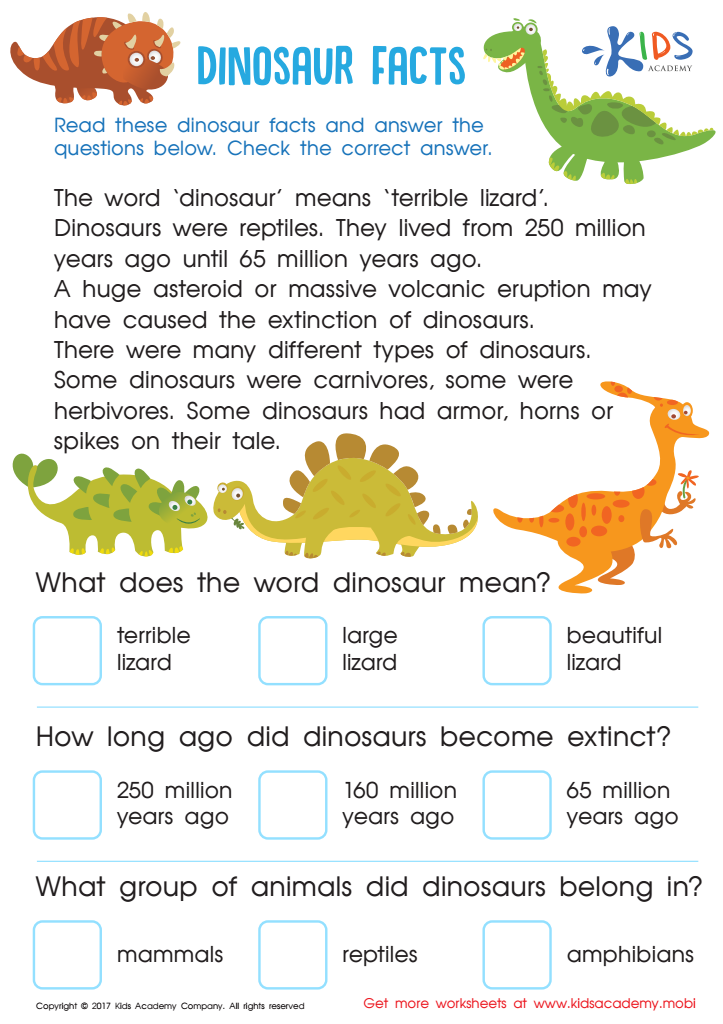

Dinosaur Facts Worksheet
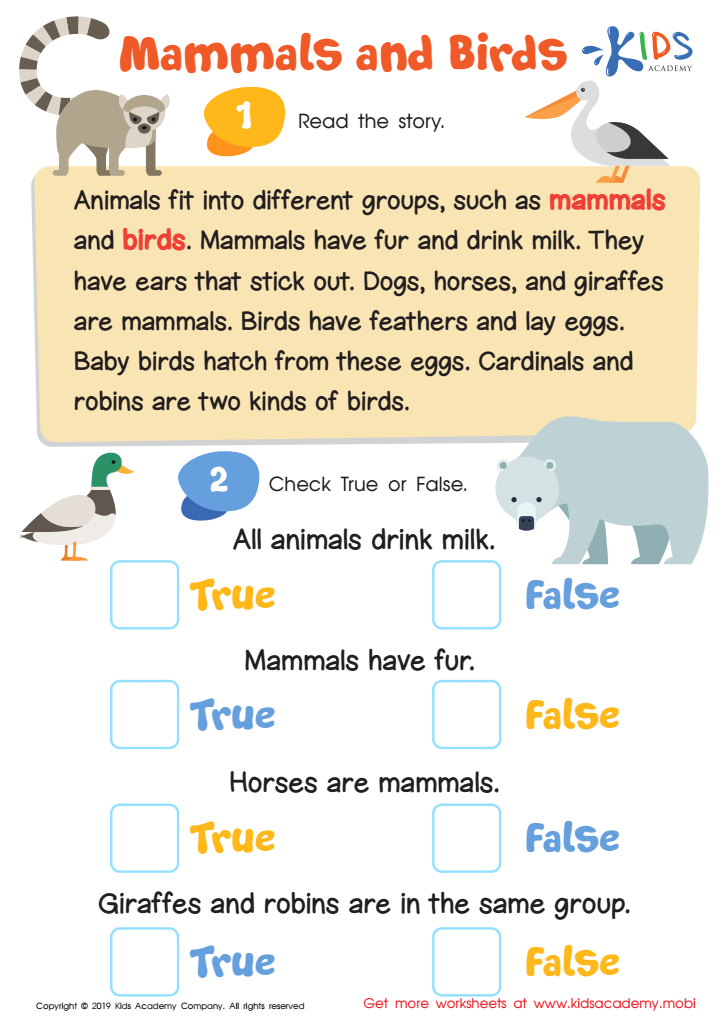

Mammals and Birds Worksheet
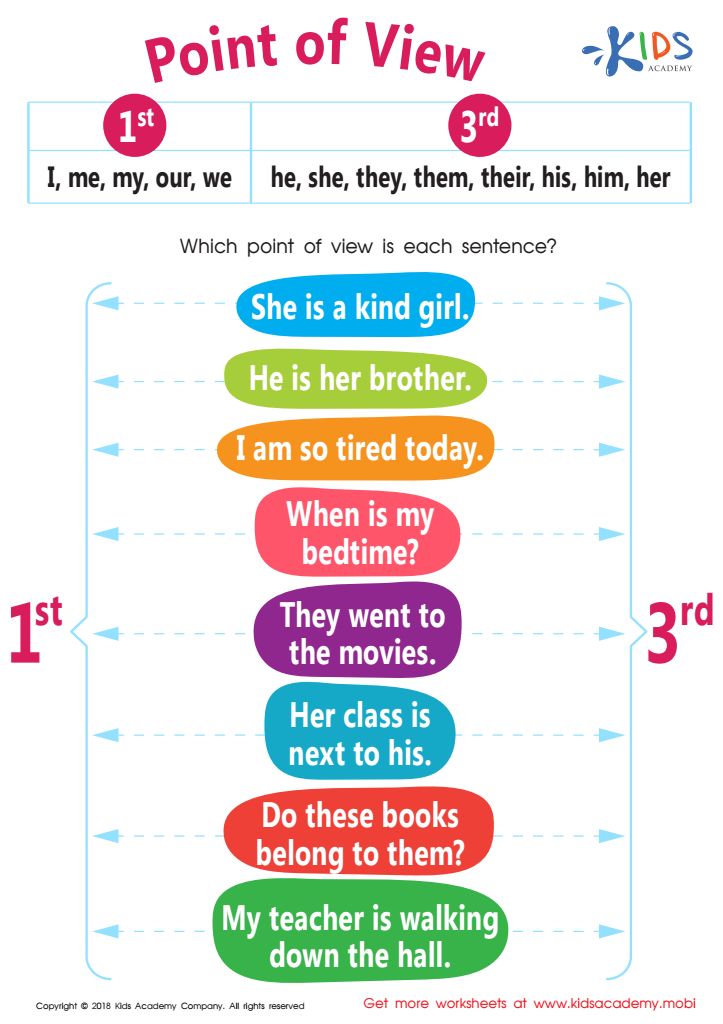

Point of View Worksheet
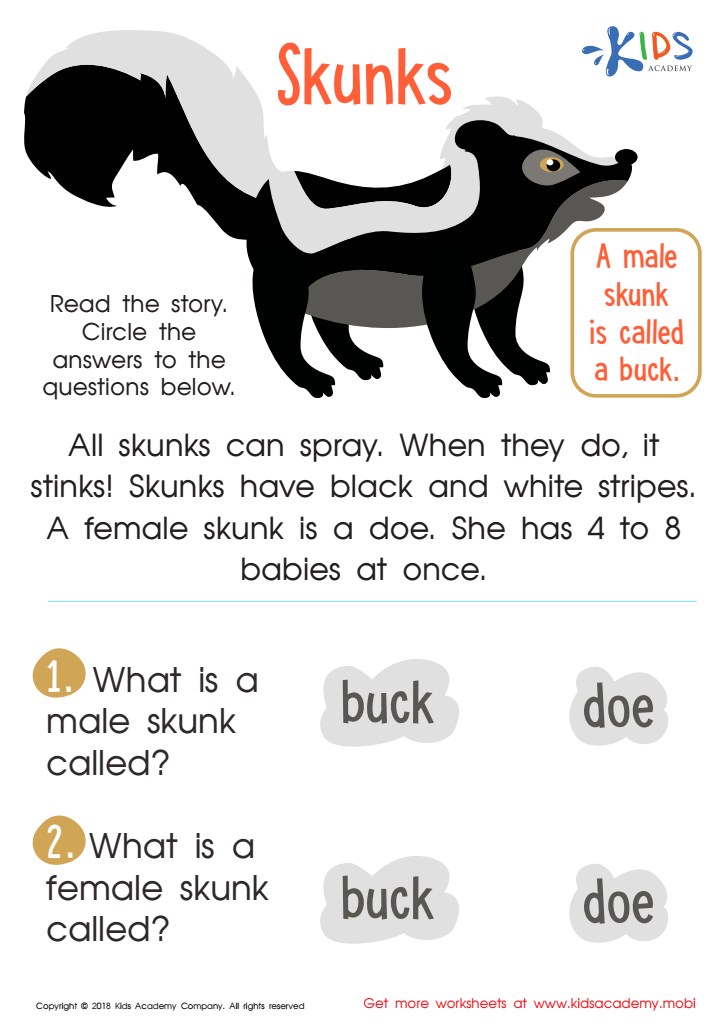

Skunks Worksheet
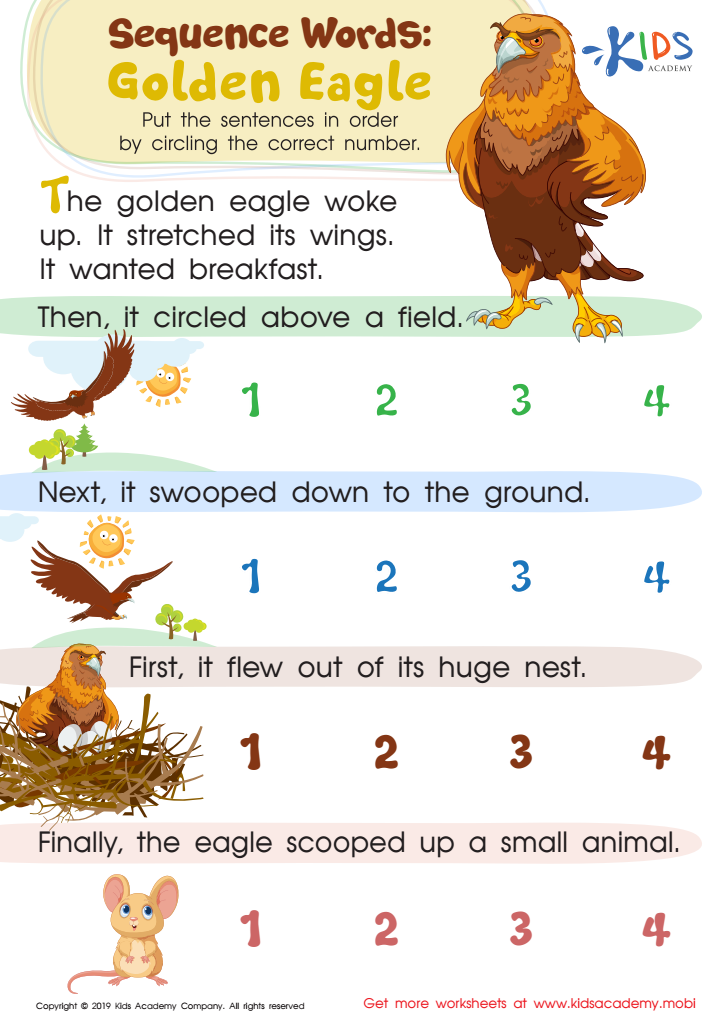

Sequence Word Eagle Worksheet
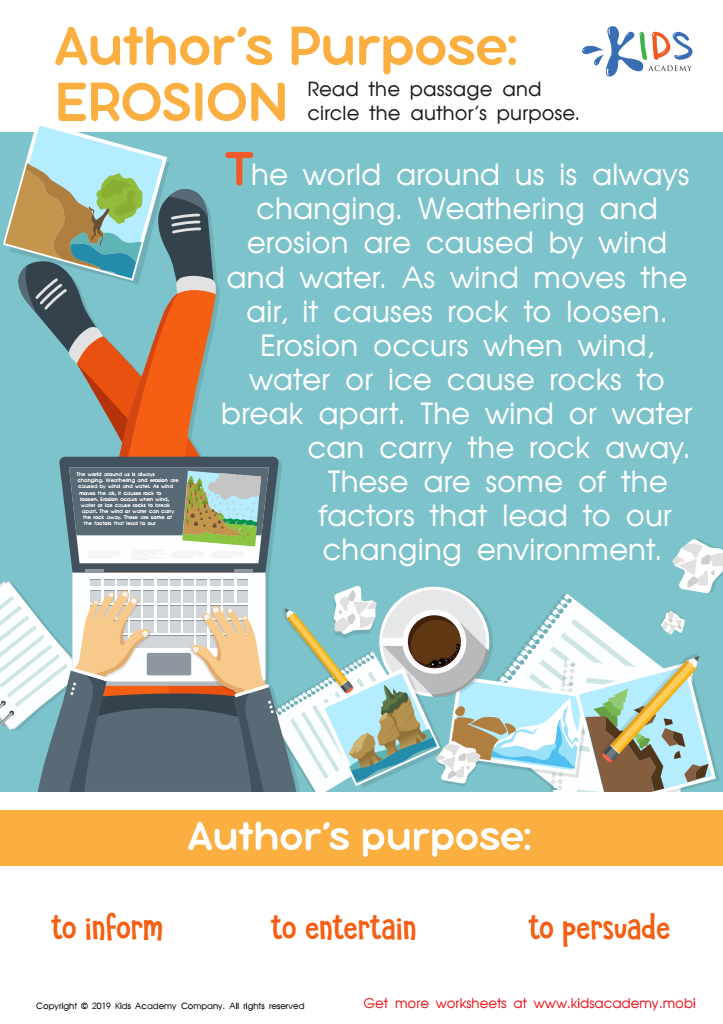

Author’s Purpose: Erosion Worksheet


White House Worksheet
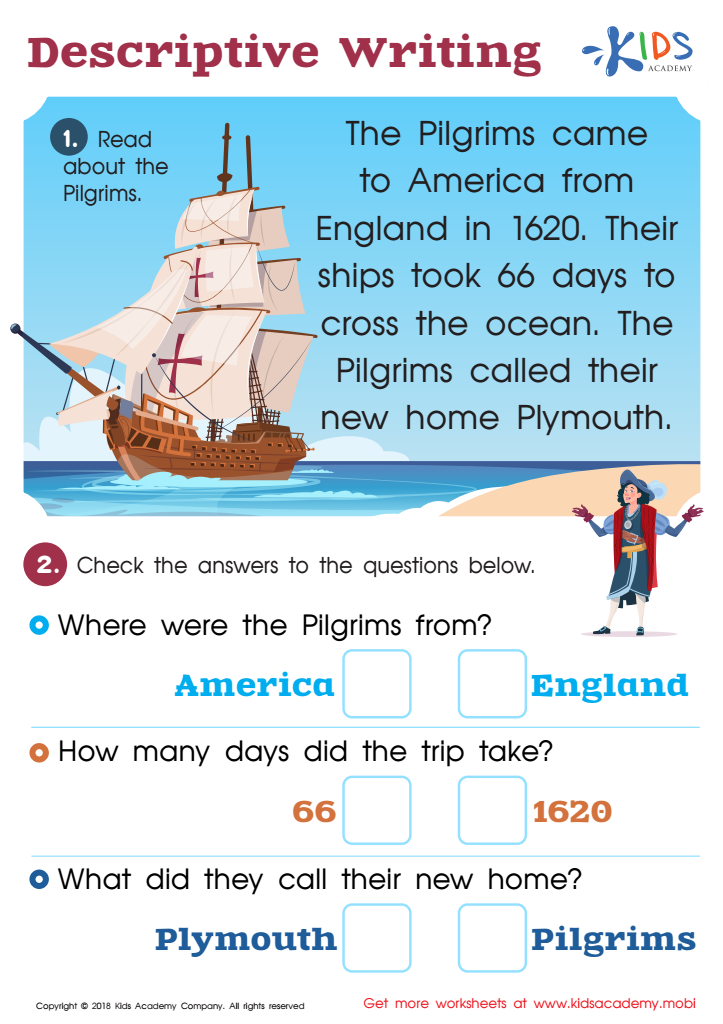

Descriptive Writing Worksheet: Part 1
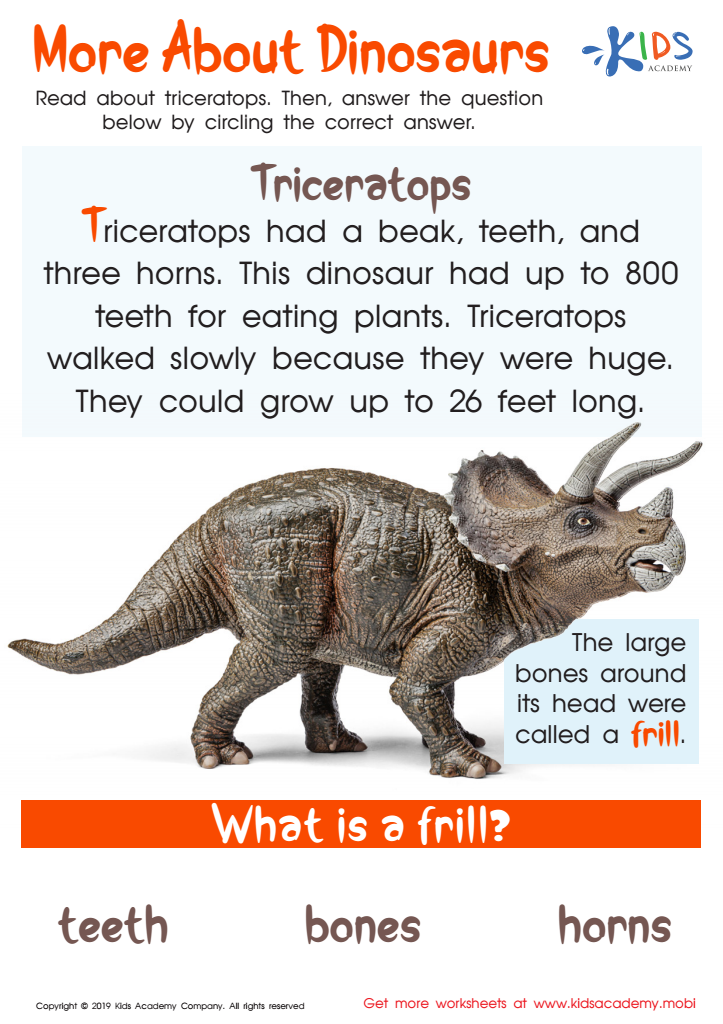

More About Dinosaurs Worksheet
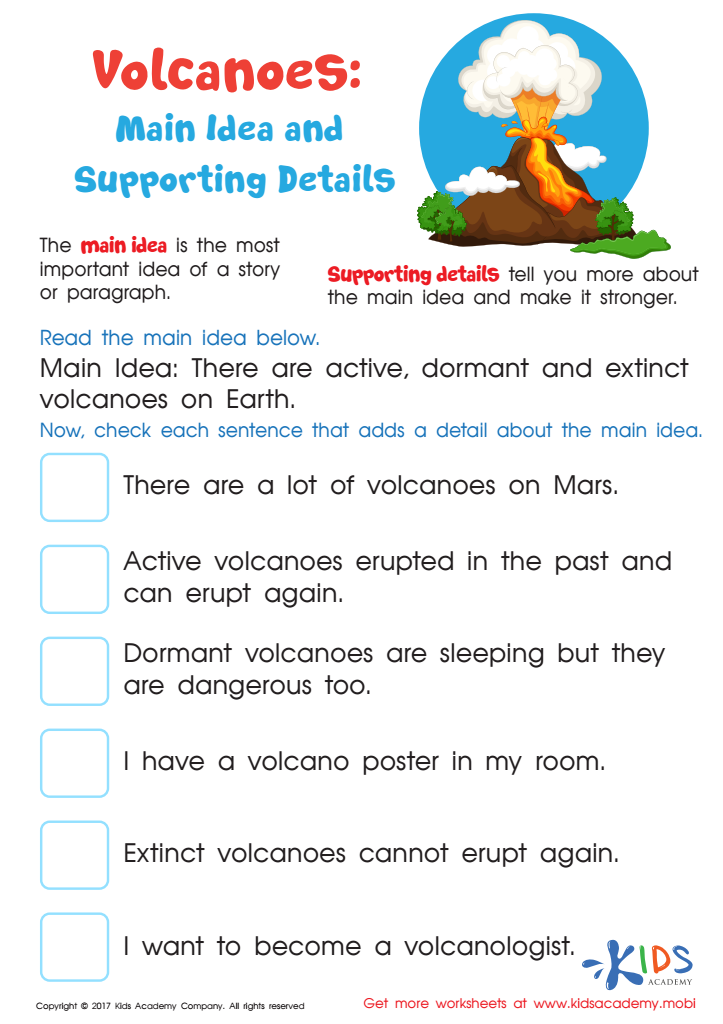

Volcano Facts Worksheet
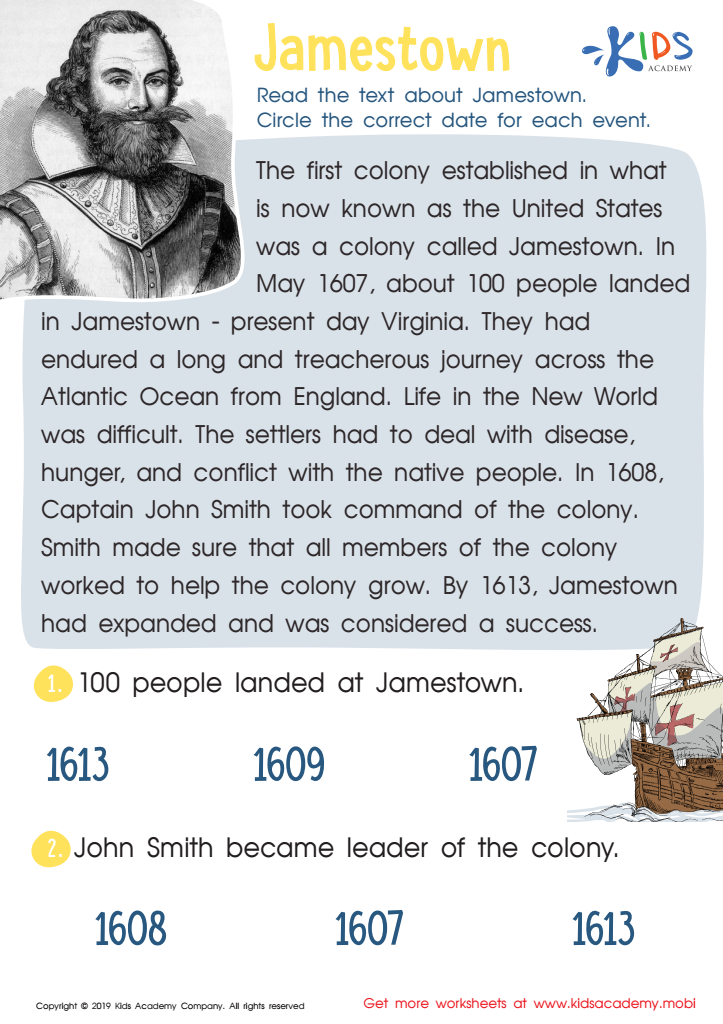

Jamestown Worksheet
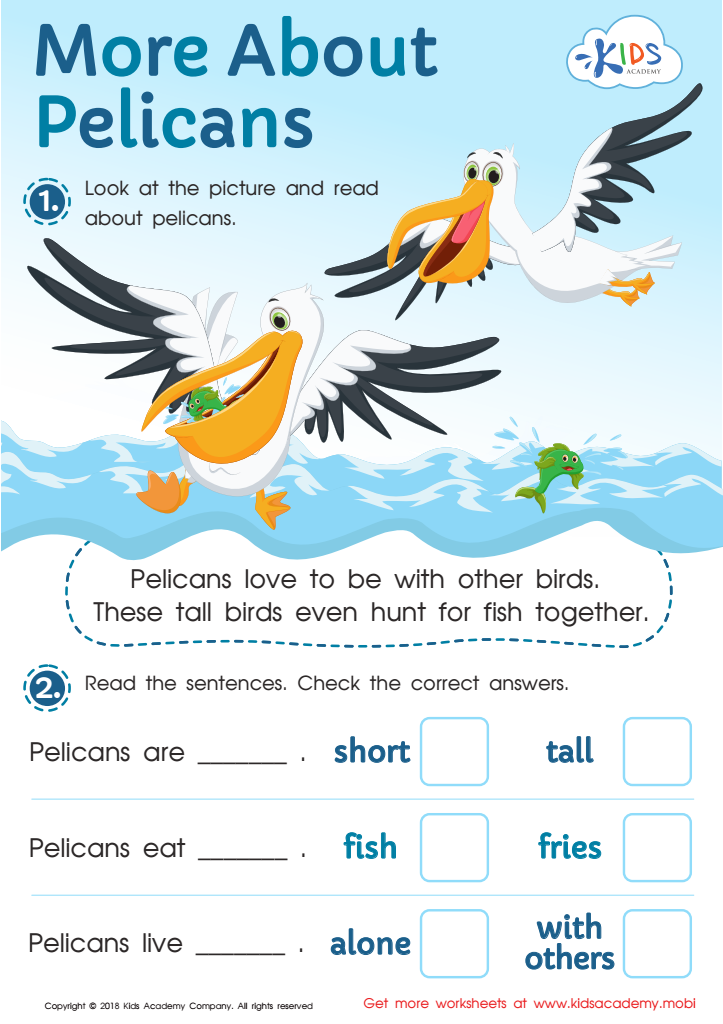

More About Pelicans Worksheet
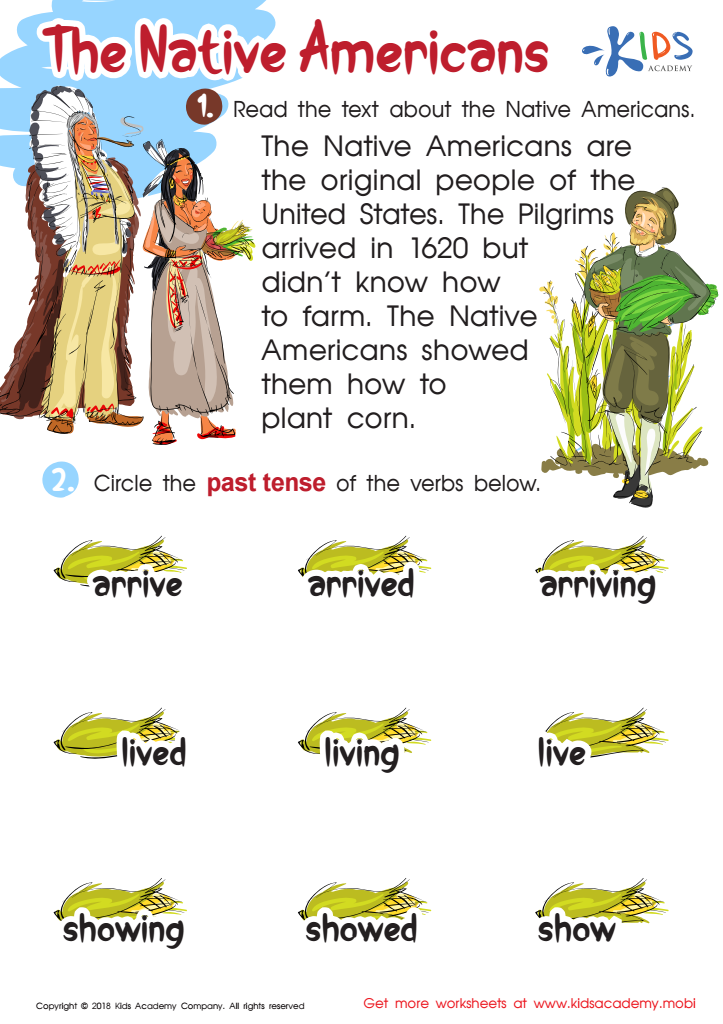

The Native Americans Worksheet
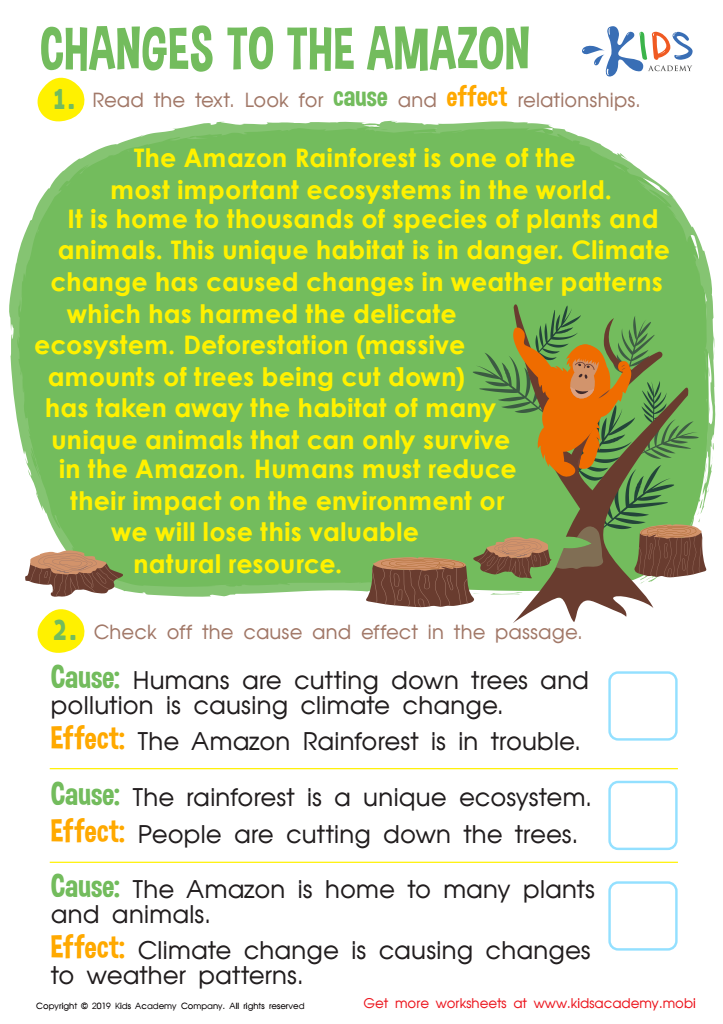

Changes to the Amazon Worksheet
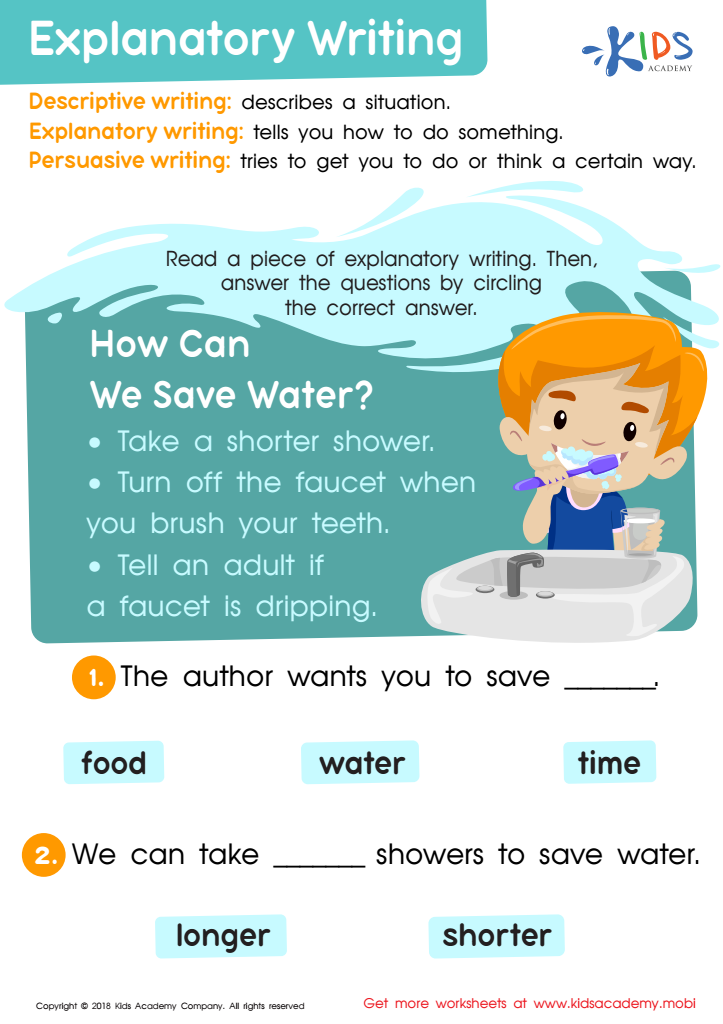

Explanatory Writing Worksheet
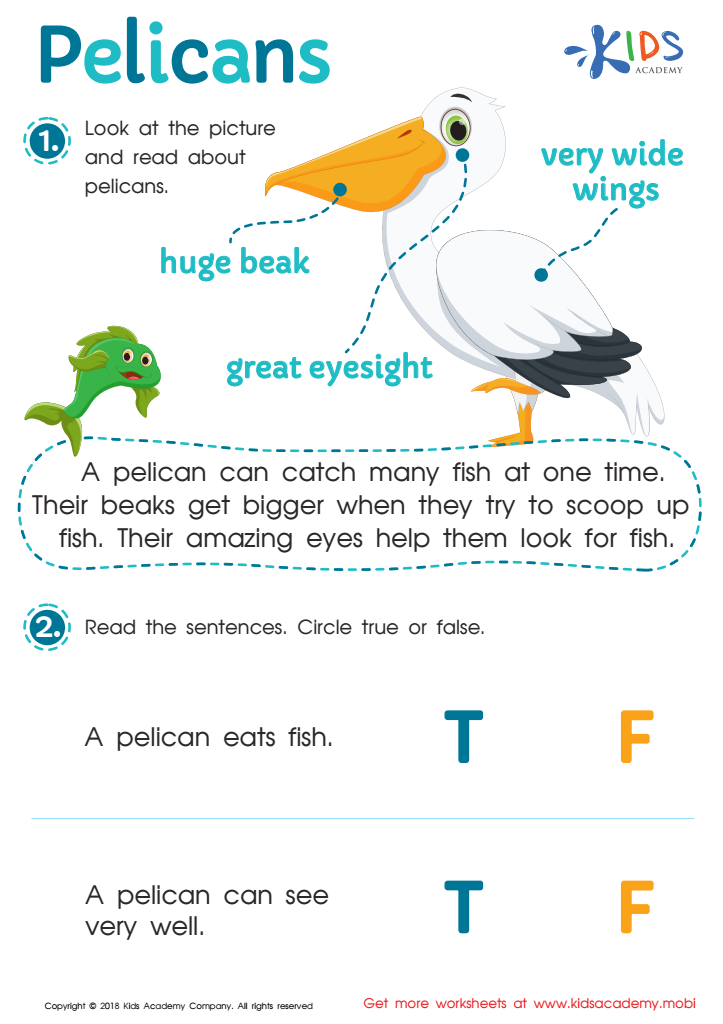

Pelicans Worksheet
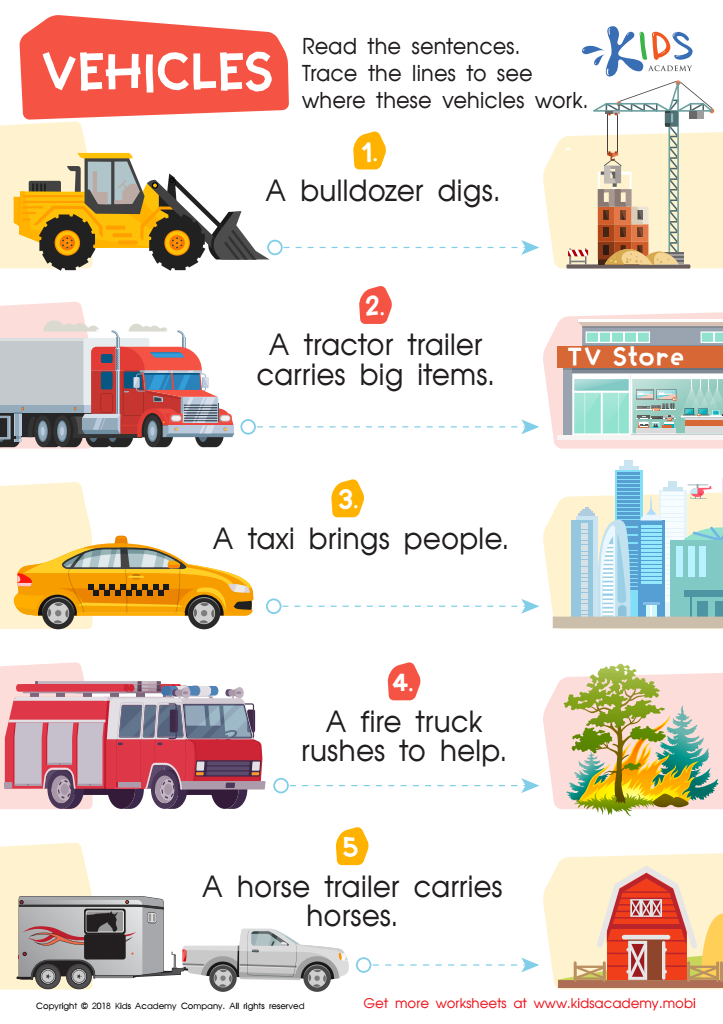

Vehicles Worksheet
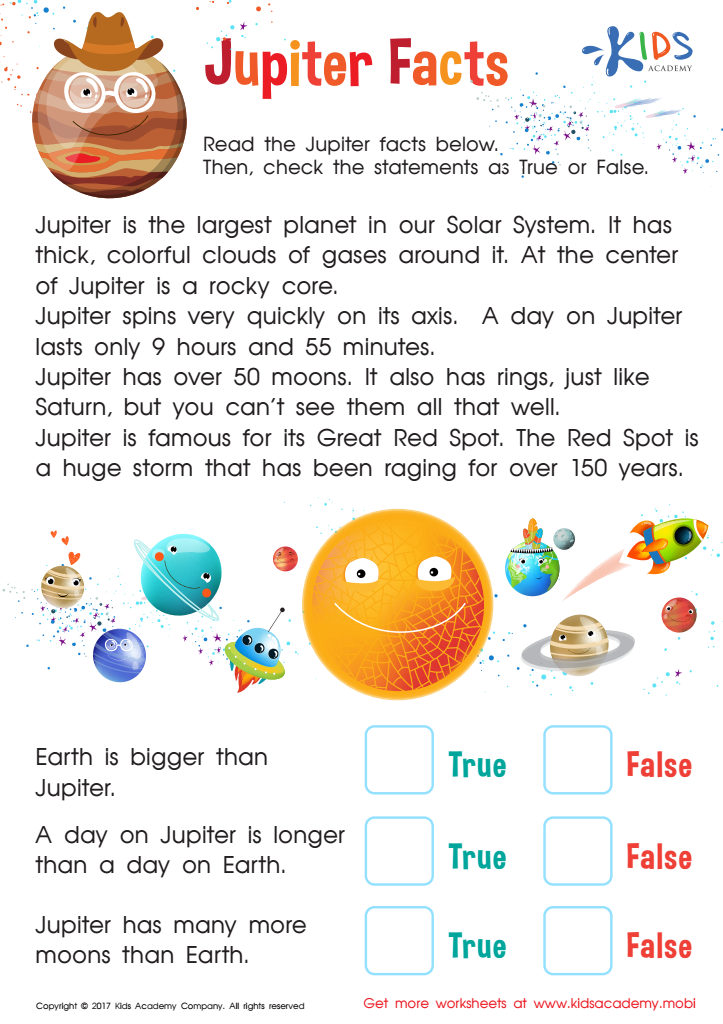

Jupiter Facts Worksheet


The Dentist Worksheet
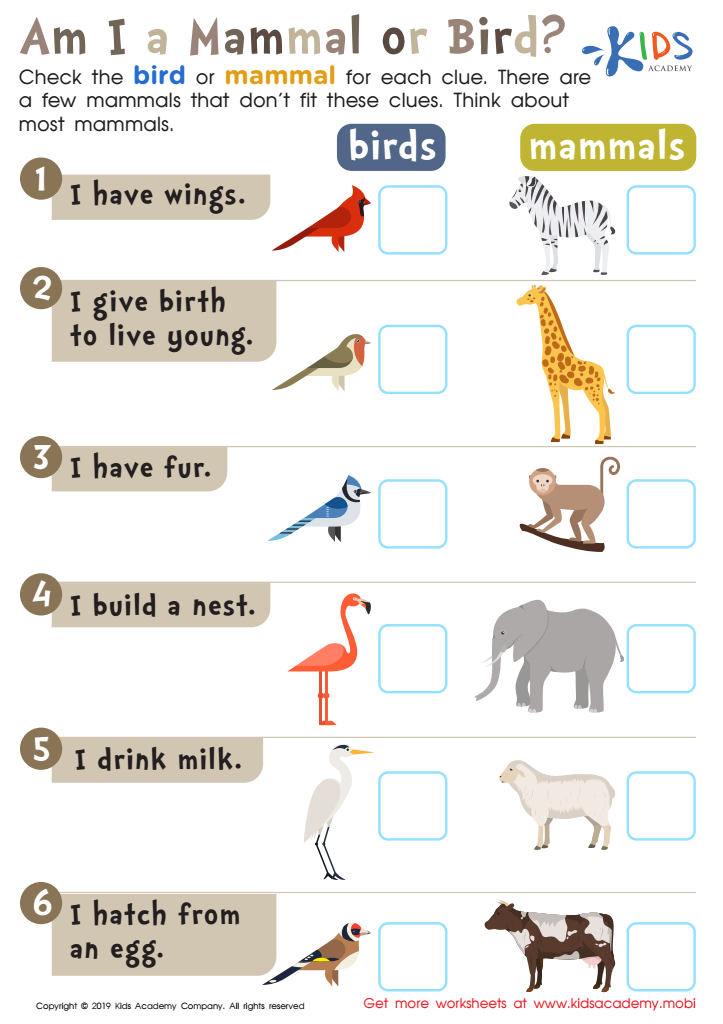

Am I a Mammal or Bird? Worksheet
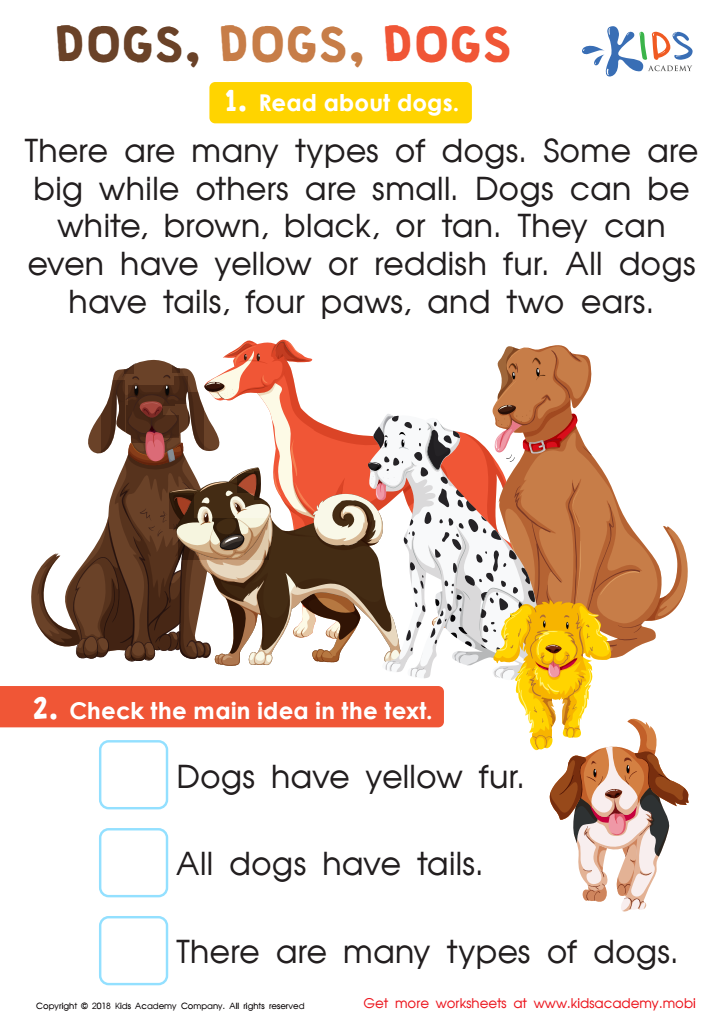

Dogs, Dogs Worksheet
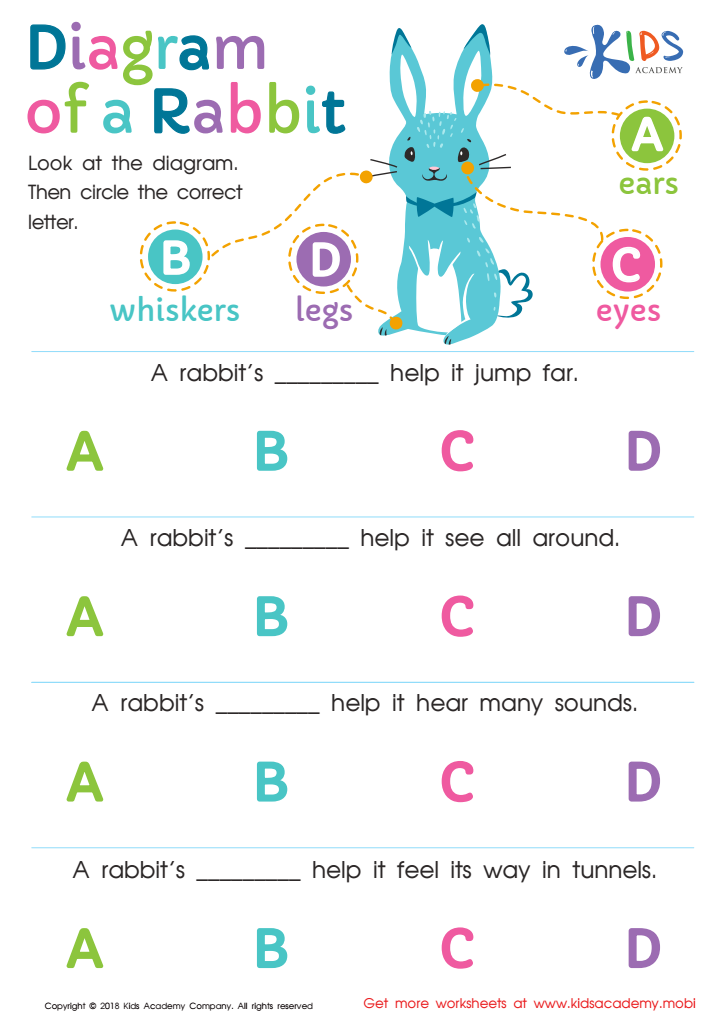

Diagram of a Rabbit Worksheet
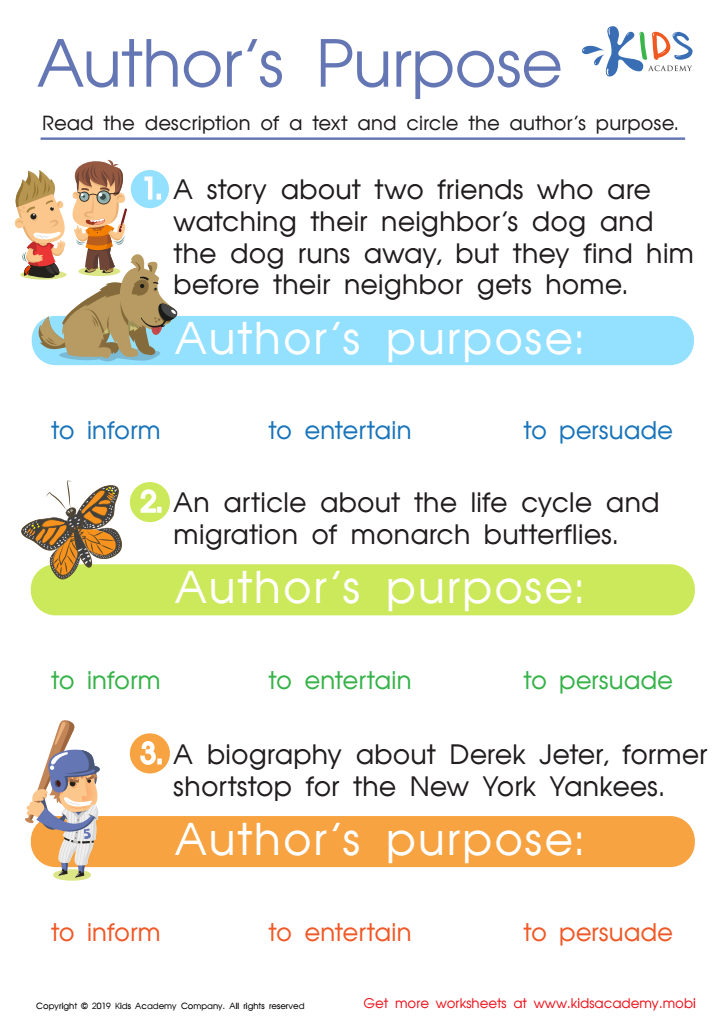

Author's Purpose Worksheet


More Octopus Facts Worksheet
Parents and teachers should care about reading non-fiction for children ages 7-9 because it fosters critical thinking, builds background knowledge, and enhances comprehension skills that are essential for lifelong learning. At this age, children are naturally curious about the world around them, and non-fiction books provide a window into real-life facts and scenarios, satisfying and further stimulating their curiosity. This genre expands their understanding of different cultures, scientific concepts, historical events, and nature, building a rich repository of information.
Additionally, non-fiction reading introduces and reinforces new vocabulary and complex sentence structures, which boosts language development. By navigating through non-fiction texts, children practice identifying main ideas, decoding unfamiliar words, and extracting key details, all of which are critical skills that enhance overall reading proficiency.
Non-fiction materials often feature vivid illustrations, diagrams, maps, and charts, helping children develop the ability to interpret visual information. These visual aids also make learning engaging and memorable. Furthermore, developing an early habit of reading non-fiction equips children with the tools to distinguish between opinion and fact, an invaluable skill in today's information-rich world. Overall, prioritizing non-fiction reading can support academic success, personal growth, and informed citizenship, making it an integral part of early education.

 Assign to My Students
Assign to My Students






















